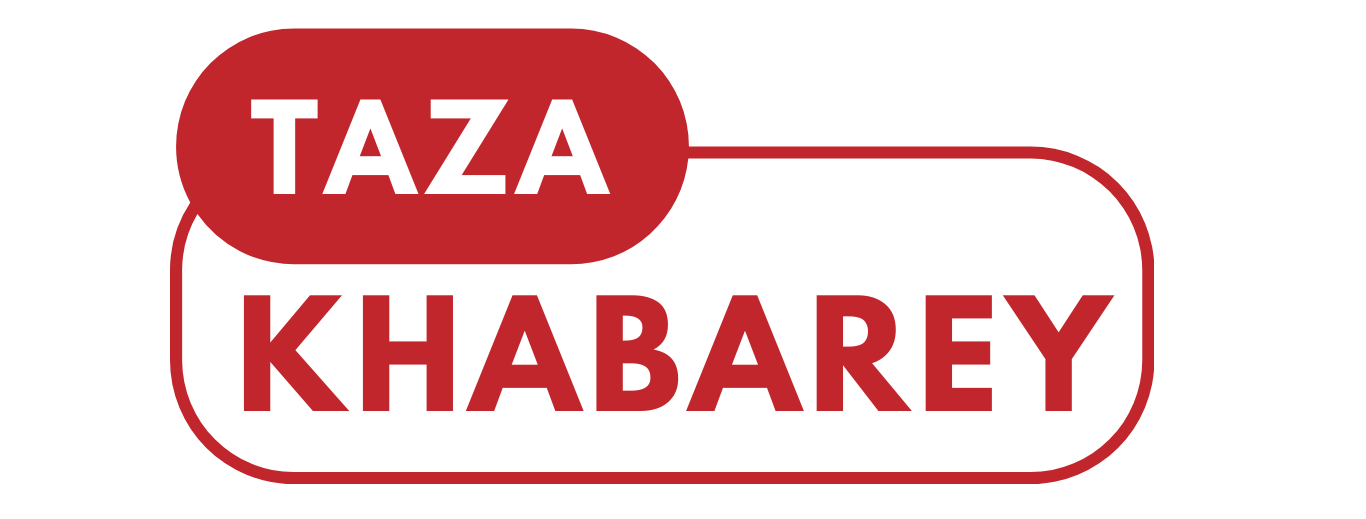Australia is set to lead the world in online safety for children with its proposed legislation to ban children under 16 from accessing social media. Prime Minister Anthony Albanese announced that the legislation, which includes stringent age-verification measures, is expected to pass and be enacted by late 2025. This ban is part of a comprehensive set of policies that aim to protect young Australians from the potentially harmful effects of social media.
Why Is the Ban Necessary?
Concerns over social media’s impact on young people have grown significantly in recent years. Studies show that social media can have negative effects on young users’ mental and physical health, contributing to issues like body image struggles, increased anxiety, and depression. Prime Minister Albanese addressed these risks, emphasizing that social media can expose young people to harmful portrayals and content at a vulnerable time in their lives. He particularly highlighted the dangers for young girls, who often encounter unrealistic beauty standards, and boys, who may come across misogynistic content.
Albanese expressed his commitment to protecting children, stating, “Social media is doing harm to our kids, and I’m calling time on it.” He continued, “If you’re a 14-year-old getting this content, at a time when you’re going through life’s changes and maturing, it can be a really difficult time. What we’re doing is listening and acting.” This legislation aims to provide a safer environment for children to grow without the toxic influences sometimes associated with social media platforms.
Also Read: Thug Life Release Date and Glimpse: Kamal Haasan’s Highly Awaited Film Set for 2025
A Global First: Advanced Age Verification with No Exceptions
Australia’s proposal stands out on a global level due to its strict age limit and uncompromising approach to age verification. To enforce the ban, the government will require social media platforms to verify users’ ages through advanced methods, which may include biometric scans or government-issued identification. This age verification system is unique, as no other country has implemented such stringent checks for social media access.
The policy is also notable because it does not allow exceptions. Even if parents provide consent or if minors have pre-existing accounts, they will still be restricted. This zero-tolerance approach underscores the Australian government’s determination to prioritize child safety over unrestricted digital access. The ban has bipartisan support, with the opposition Liberal Party also backing the proposed legislation, which further solidifies its chances of becoming law.
Prime Minister Albanese explained that the responsibility will fall on social media companies, not parents, to enforce the age limits. “The onus will be on social media platforms to demonstrate they are taking reasonable steps to prevent access,” he stated. This shift in responsibility emphasizes that platforms, rather than families, must bear the burden of protecting young users.
Impact on Major Social Media Platforms
The legislation applies to major platforms, including Meta-owned Instagram and Facebook, ByteDance’s TikTok, Elon Musk’s X (formerly Twitter), and potentially Alphabet’s YouTube. This regulation will challenge these companies, which have historically relied on a younger user base. Australia’s Communications Minister, Michelle Rowland, stressed that the new policy is intended to safeguard children from online exploitation and exposure to inappropriate or harmful content.
This new regulation is likely to disrupt the operations of social media giants in Australia. For platforms like TikTok and Instagram, which appeal to a young audience, this ban could limit user engagement significantly. While TikTok has not yet commented on the proposed legislation, Meta, Alphabet, and X have similarly refrained from issuing official responses.
Industry Concerns and Criticisms
While Australia’s government believes the legislation will protect young people, some in the tech industry are critical of the move. The Digital Industry Group Inc. (DIGI), which represents companies like Meta, TikTok, X, and Google, has raised concerns that the ban could have unintended consequences. DIGI Managing Director Sunita Bose argued that blocking young people from mainstream social media may drive them toward less regulated and potentially more dangerous parts of the internet.
“Keeping young people safe online is a top priority, but the proposed ban on teenage access to digital platforms is a 20th-century response to 21st-century challenges,” Bose stated. She believes a more balanced approach would involve creating age-appropriate online spaces and teaching digital literacy, rather than enforcing strict prohibitions. Bose’s comments reflect a broader industry worry that strict bans might push young people away from valuable resources and support networks that they could otherwise access on social media.
Comparative Global Efforts: France and the United States
Australia’s proposed law is part of a growing global trend to address young people’s safety online. France recently introduced a similar proposal to restrict social media access for children under 15, though French legislation allows for parental consent as an exception. In the United States, the Children’s Online Privacy Protection Act (COPPA) has required social media companies to obtain parental consent for data collection from children under 13, though enforcement has been inconsistent.
Australia’s legislation goes a step further by setting a higher age threshold and mandating strict verification without any parental consent exceptions. By establishing such firm boundaries, Australia’s proposal may serve as a model for other countries grappling with the challenges of protecting young users on social media.
Pioneering Digital Regulation: What This Means for the Future
This landmark move to restrict social media access for minors marks a significant shift in how governments are addressing the risks of digital platforms. If passed, the legislation would introduce a new level of accountability for social media companies, requiring them to verify users’ ages and comply with Australia’s stringent standards.
As Australia takes this bold step, other countries are likely to watch closely, considering the benefits and challenges of such stringent regulations. Should the policy succeed in curbing online harm and protecting minors, it may inspire similar legislation worldwide. Alternatively, if enforcement proves challenging, it could prompt other nations to adopt different, potentially less restrictive approaches to online safety.
Also Read: Australia Today reacts after Toronto’s ban for broadcasting Jaishankar’s press meet
Conclusion: Setting a Global Standard in Social Media Regulation
Australia’s proposed social media ban for children under 16 marks a pioneering step in the global digital landscape. By enforcing an advanced age-verification system and refusing to allow parental consent as a workaround, the Australian government is demonstrating its commitment to children’s safety online. While the policy has faced criticism from tech industry leaders, who argue for a more flexible approach, it has gained strong support from Australian lawmakers and parents alike.
The world will be watching as Australia’s legislation progresses, and the outcome may very well influence future policies on digital safety for young users. If the law succeeds in protecting children without major drawbacks, it could shape the future of social media regulation for years to come.





